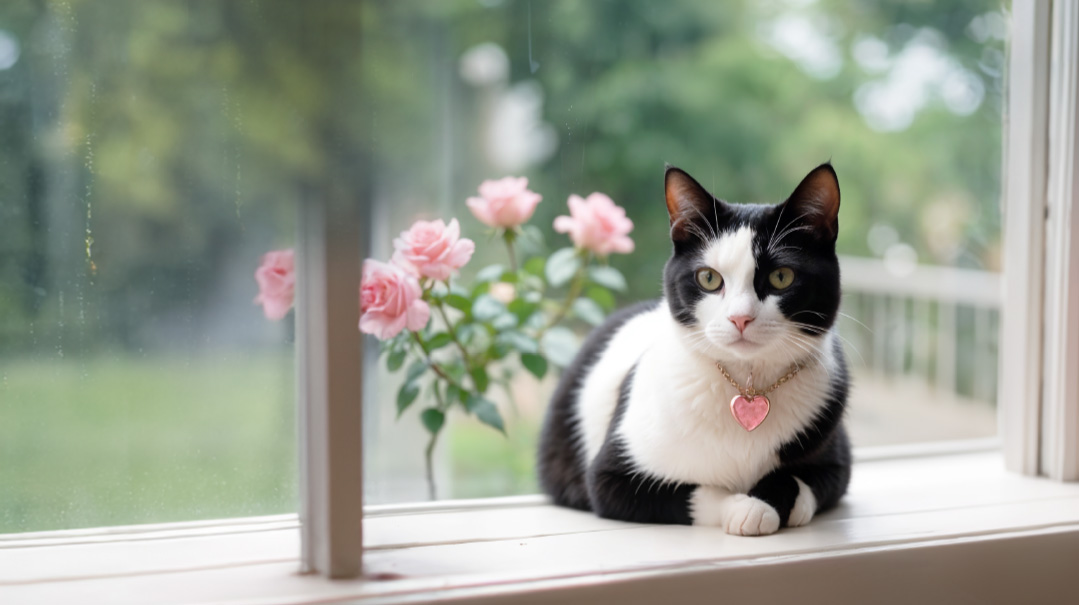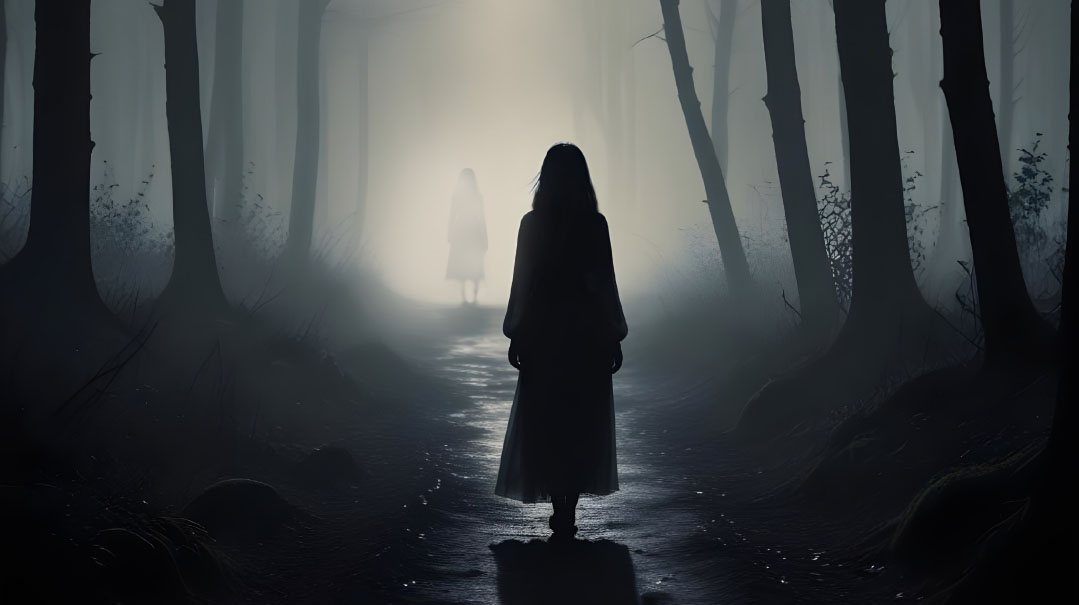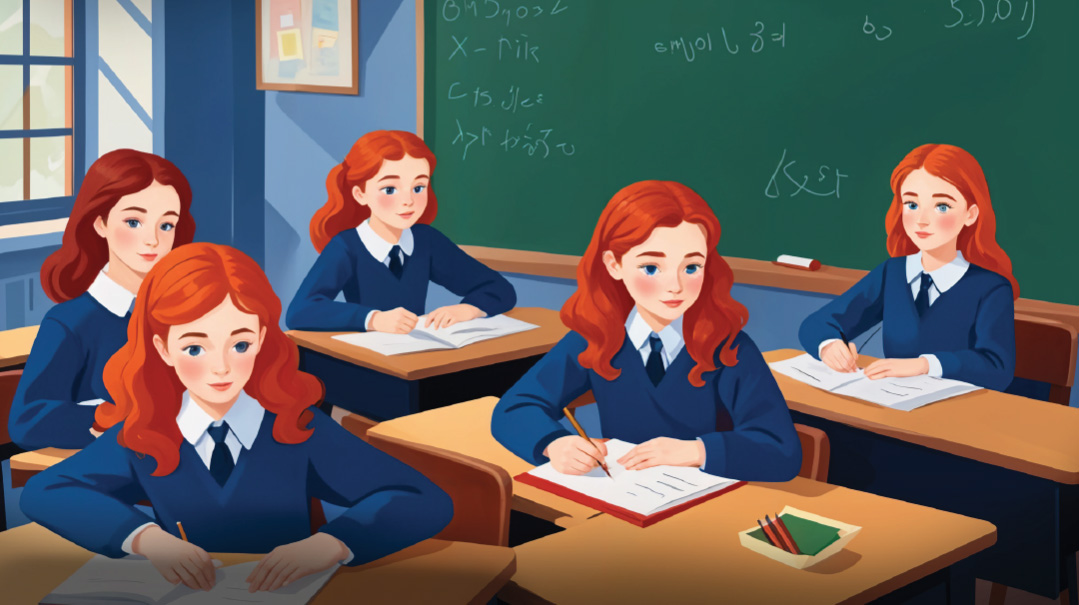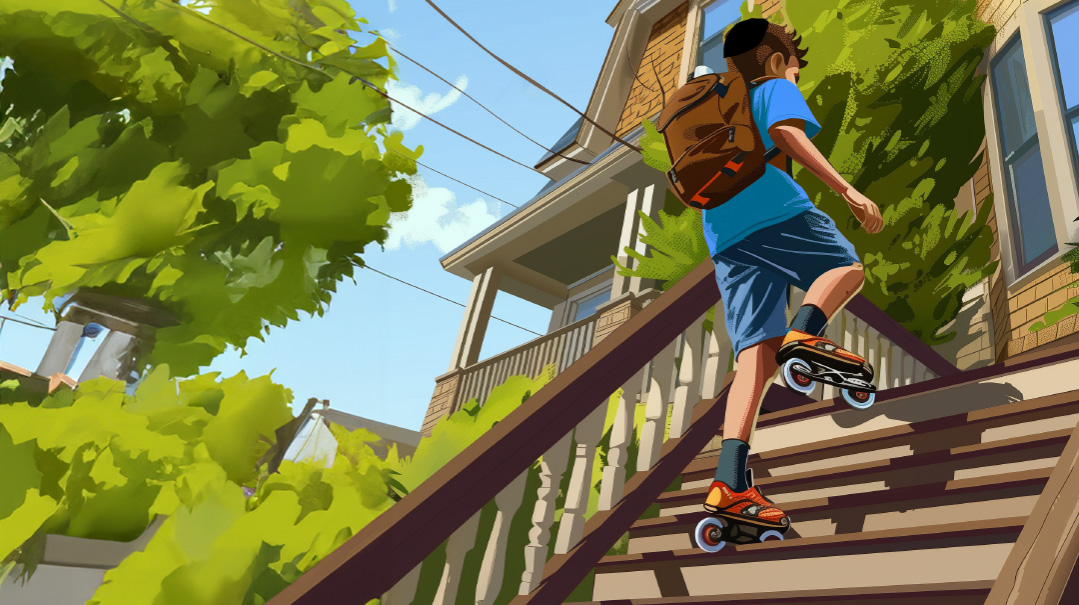Reflections

Which worlds did he traverse in those quiet moments? Was he here or was he there?
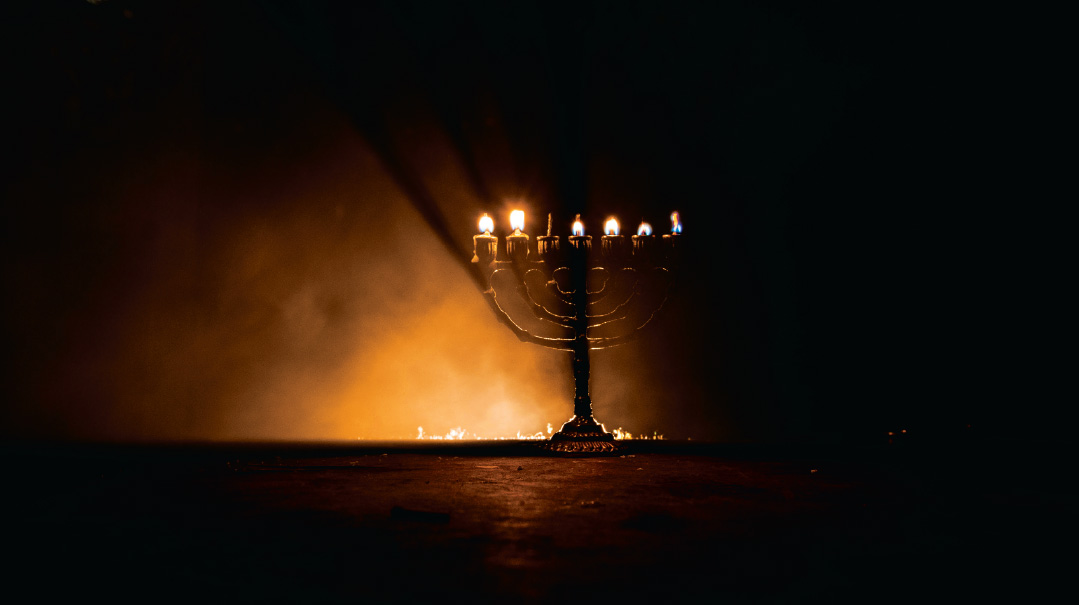
M
aybe my father’s first menorah after the war was simple metal and maybe it was merely tin. I only remember that in my child’s mind, it was shiny, and lighting it on Chanukah was not done in the front window.
Perhaps they lit in the doors and windows in the big European cities, perhaps not. But my parents grew up in small cities in Poland. Their families may or may not have lit their menorahs in the front windows of their respective apartments and homes. I somehow doubt they did.
Those were dark days. The reality of Jewish submissiveness permeated every thought and action, and most were both keenly aware and ever vigilant to guard both their privacy and their precarious political standing. The winds of war were beginning to blow across their geographic path.
After the war, it’s difficult to imagine what things were like for the European survivors who came to the US. Most had lost their entire family, and the responsibility to rebuild their lives sat heavily on them, a mission they bravely but unceremoniously dragged to these foreign shores along with battered suitcases and ravaged dreams.
And in this America, where Jewish pride and practice had not quite yet evolved — certainly not anywhere near what we experience in the present — we did not light our menorahs in the window either. Though my father was a rabbi (we were preacher’s kids) and he ministered to Orthodox congregations, most of their memberships were not.
My memories of Chanukah in the shtetls of Bangor, Maine; Olyphant, Pittsburgh, and Donora, Pennsylvania; or even Milford, Massachusetts — are of my father lighting his small menorah on the mantle of the fireplace in the living room, with the big mirror behind it. I can still picture him painstakingly twisting the cotton batten into individual wicks, leaving a small ball at the end to soak up the oil in the bottom of each of the holders at the base of his beloved menorah. He always insisted on making those wicks himself — as if the wicks themselves would bear witness.
Which worlds did he traverse in those quiet moments? Was he here or was he there?
When we lived in Pittsburgh, my father lit in the side window of the dining room facing our back alley, careful not to bring too much attention to our presence because we were, again, living in a totally non-Jewish neighborhood. The five of us (my parents and we three sisters) sang Maoz Tzur together, after which my father would softly sing Ana B’koach to an age-old hauntingly mystical melody, repeating each word seven times.
Each move brought another, and my parents eventually settled in Cleveland, Ohio — the vibrantly rich Jewish community where I settled after I married.
One of my favorite memories is of that first Chanukah following my parents’ move to Cleveland. I see my father sitting and quietly singing his beloved Ana B’koach in our living room with our oldest son, his first grandchild, a toddler at the time, on his knee. They are both looking intently out into the semi-black night, and the gently falling snowflakes tapping faintly at the window are illuminated by the streetlight on the corner of our tree lawn. The flaming wicks in the front windows in many homes up and down the street are vying for twinkle space — all of them free to shine with determination and pride.
My father, sadly, passed away a few short years later.
It’s been 50 years now, and sometimes, when I hear the ever-faint tap tapping of the snowflakes against a window on an ebony night, I close my eyes and I can hear him humming those soulful strains under his breath. I can still picture the reflection of generations mirrored in our large, glass, bay window, the drapes pulled back, all the menorahs so proudly displayed.
(Originally featured in Family First, Issue 823)
Oops! We could not locate your form.

